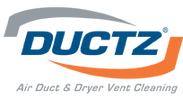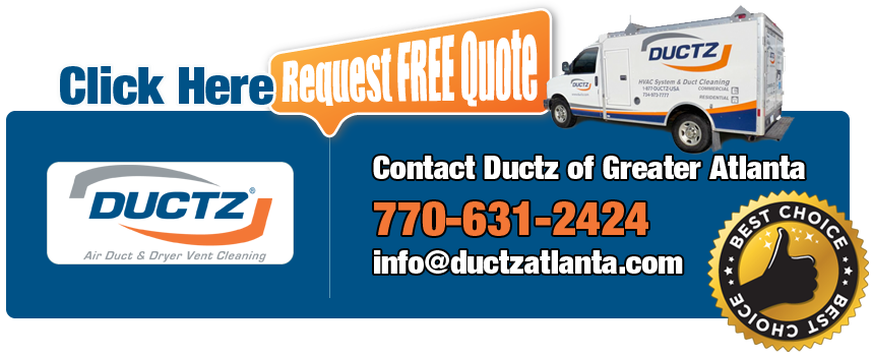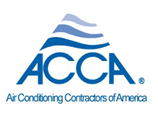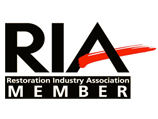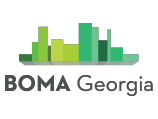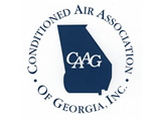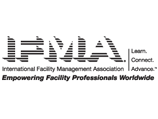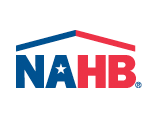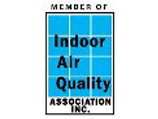Commercial Fire, Smoke & Water Damage HVAC Restoration
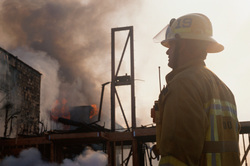
Fire, smoke and Water Damage
HVAC interior surfaces have the potential to collect particulate, smoke, moisture, gaseous emissions and other contaminants as the result of a fire or smoke event.
This can occur even while the HVAC system is in a de-energized (non-operational) state. Deposition of these foreign materials may alter the HVAC system’s components, potentially affecting system performance, corrosion resistance, and the general hygiene of the HVAC interior surfaces. A standardized evaluation of the HVAC interior surface conditions is necessary to determine when HVAC interior surfaces have been impacted by a fire-related particulate.
When addressing water related issues within mechanical systems DUCTZ strictly adheres to the institute of Inspection Cleaning and Restoration Certification (IICRC) S500 and S520 standards to assess and restore mechanical systems.
HVAC interior surfaces have the potential to collect particulate, smoke, moisture, gaseous emissions and other contaminants as the result of a fire or smoke event.
This can occur even while the HVAC system is in a de-energized (non-operational) state. Deposition of these foreign materials may alter the HVAC system’s components, potentially affecting system performance, corrosion resistance, and the general hygiene of the HVAC interior surfaces. A standardized evaluation of the HVAC interior surface conditions is necessary to determine when HVAC interior surfaces have been impacted by a fire-related particulate.
When addressing water related issues within mechanical systems DUCTZ strictly adheres to the institute of Inspection Cleaning and Restoration Certification (IICRC) S500 and S520 standards to assess and restore mechanical systems.
Contact DUCTZ of Greater Atlanta today for your commercial fire, smoke & water damage HVAC Restoration requirements.
